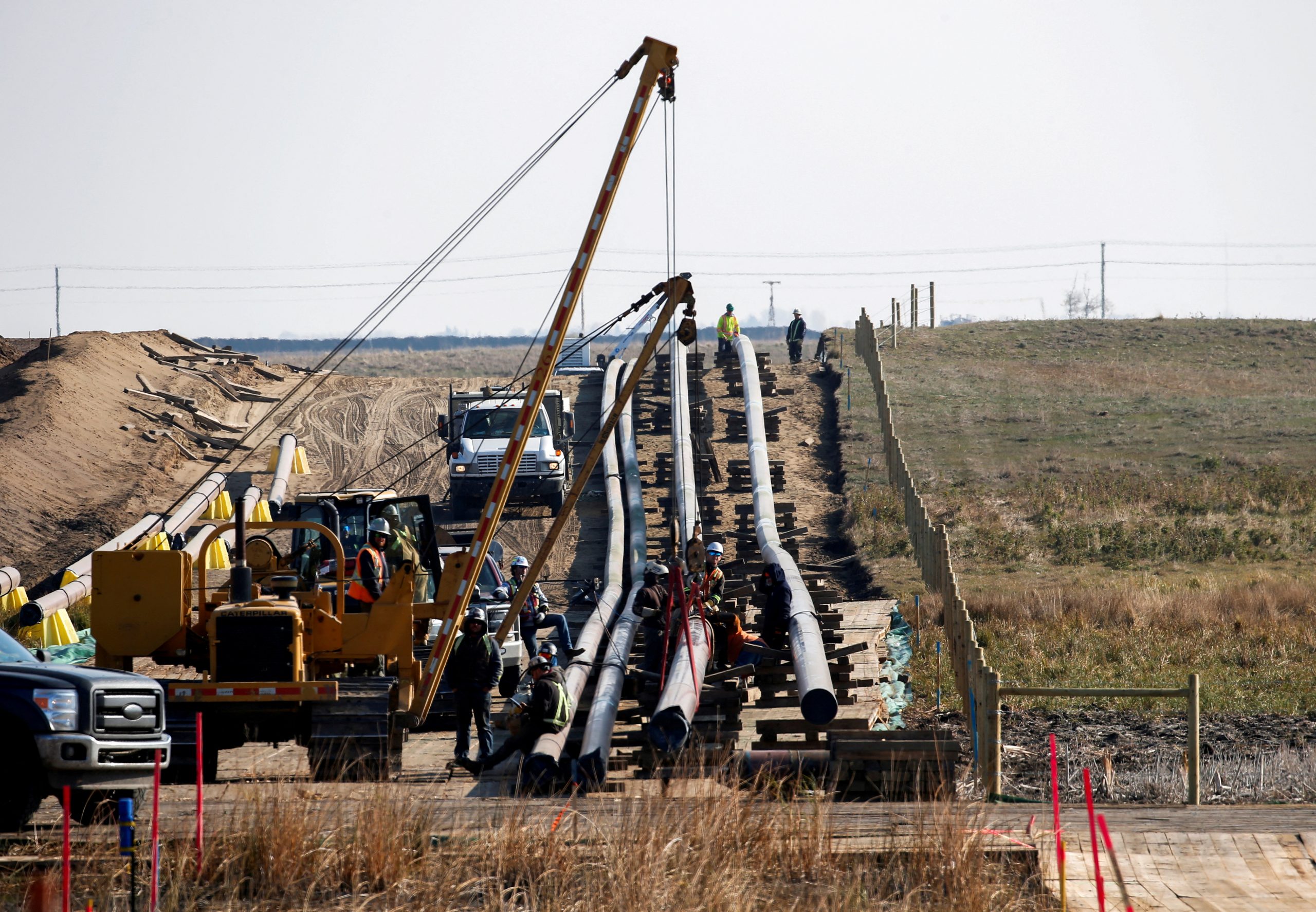A rally in oil prices to over seven-year highs is leading to a flurry of asset sales in Canada as energy companies cash out of low margin assets, but the rush of deals could turn it into a buyers market, bankers and company executives said.
U.S. crude prices have rallied for seven consecutive weeks and were hovering around $89 a barrel on Tuesday, encouraging producers facing scrutiny over low returns and bloated balance sheets to sell assets and raise cash. A need to transition away from fossil fuels has also taken the driver’s seat in investor demands.
Reuters reported on Monday that Spanish major Repsol is considering a sale of its assets in the Duvernay basin in western Canada, while Crescent Point Energy Corp is eyeing “non-core” divestitures to raise cash.
Top U.S. oil producer Exxon Mobil Corp launched a sale of its Canadian joint venture in January, while European major Shell Plc, Abu Dhabi’s TAQA and Japan’s JAPEX have taken similar steps previously.
“A consistent mindset shift across the Canadian oil industry to deleverage quickly and move to a shareholder returns model of large dividends and share buybacks is encouraging companies to divest non-core assets,” said Shubham Garg, president of White Tundra, a Canada focused oil & gas investment firm.
However, a limited pool of potential buyers is seen as a challenge to close the deals.
Tommy Chu, senior associate at industry research firm Enverus, said more than half of last year’s Canadian oil producing deals involved just five buyers.
“The buyers are nearly all Canadian-based companies as global players have been net sellers in the country,” Chu said.
Companies buying assets at the top of the market are also likely to face questions from investors.
“Energy investors will be watching closely to see which management teams fulfill their promises of returning excess cash flow via dividends and buybacks, and which turn back to empire building in a higher oil and gas price environment,” one of the sources involved in Canadian deals said.
“The latter path got a lot of these companies in trouble in the first place,” the source said, adding some of the assets will be ultimately sold when oil and gas prices are more “muted.”
PRIVATE EQUITY EXODUS
Still, even more public producers are expected to test the market appetite in the coming months. Private equities that got stuck with investments for longer than they would have liked are flooding the market too.
Private operators Karve Energy, Mancal Energy and Allied Energy are among those searching for buyers of their assets, according to two sources familiar with the matter and documents reviewed by Reuters.
If sold, Karve, Allied and Mancal could together rake in over a billion Canadian dollars, the sources said. Karve Chief Financial Officer Shane Hewler said the company does not comment on market rumors. Allied and Mancal did not immediately respond to Reuters requests for comments.
Spur Petroleum, Deltastream Energy and Canamax Energy are among other private companies likely to pursue sales over the next few months, the sources said. Neither of the three immediately responded to Reuters requests for comments.
Tom Pavic, president of Calgary-based Sayer Energy Advisors,
said more assets are available now than were a year ago as sellers look to cash in on high oil prices.
However, high, unpredictable prices may mean fewer deals close. Sayer forecasts C$15 billion ($11.8 billion) worth of deals among Canadian oil and gas producers this year, down from C$18.1 billion last year.
“The worst thing in our business is volatility in commodity prices, either up or down,” said Pavic. “It’s tough to do deals.”
($1 = 1.2696 Canadian dollars)
(Reporting by Shariq Khan in Bengaluru and Rod Nickel in Winnipeg; Editing by Marguerita Choy)
